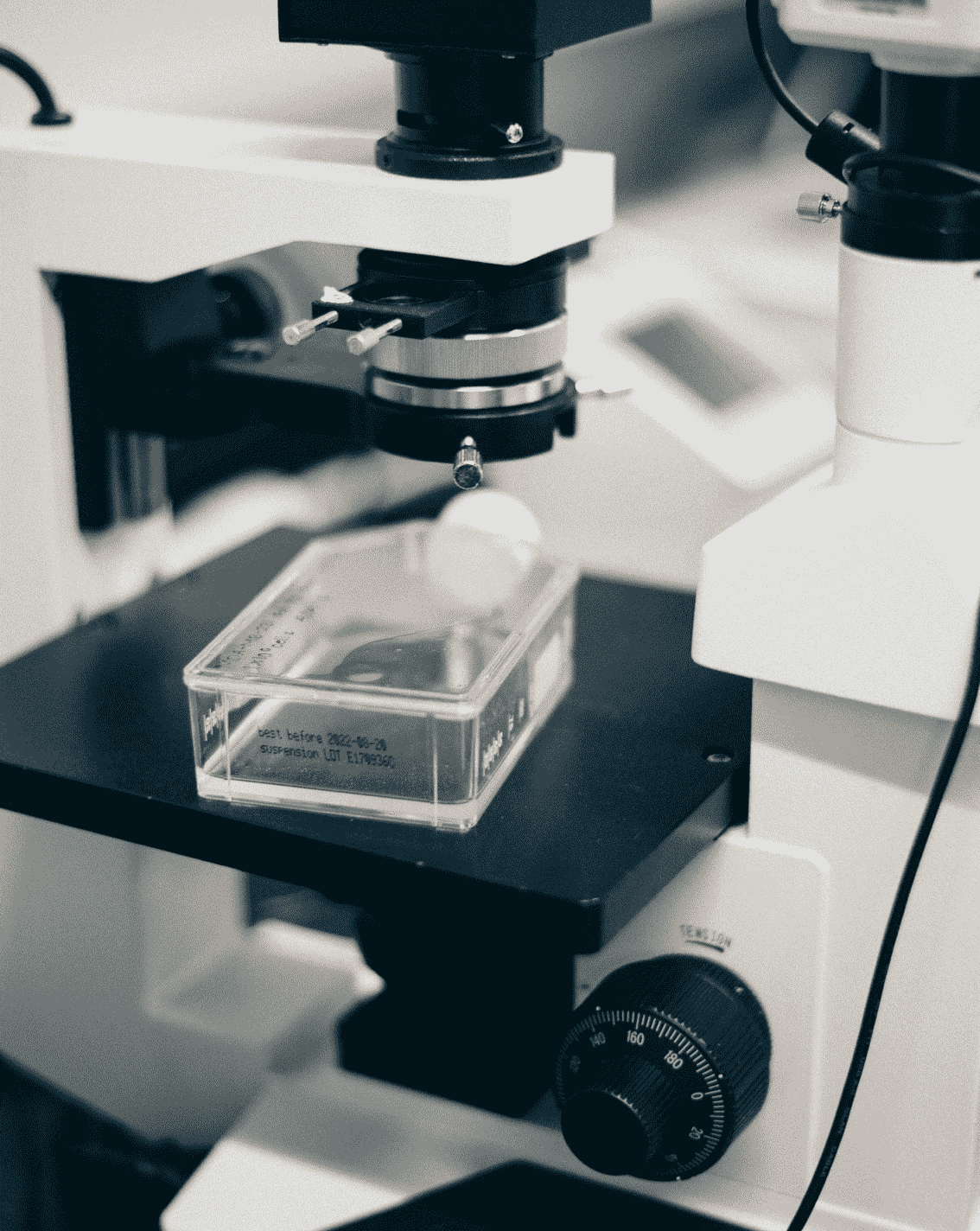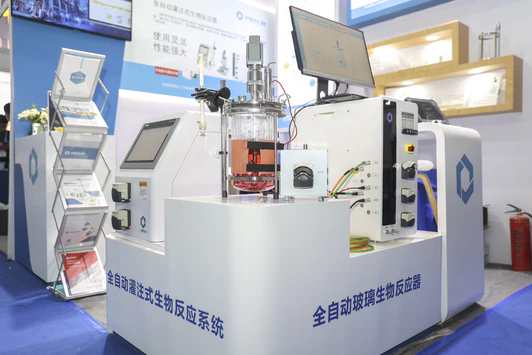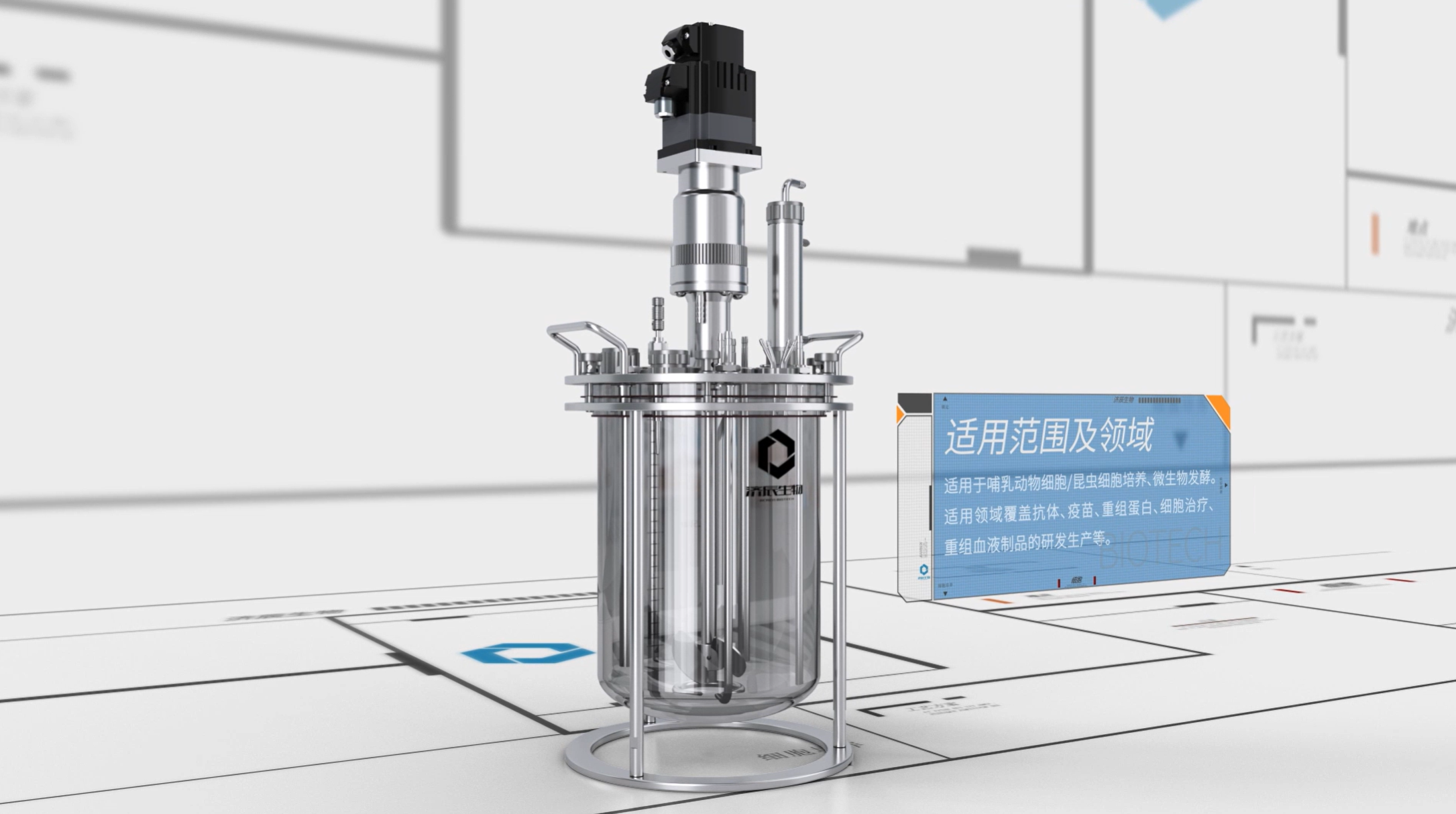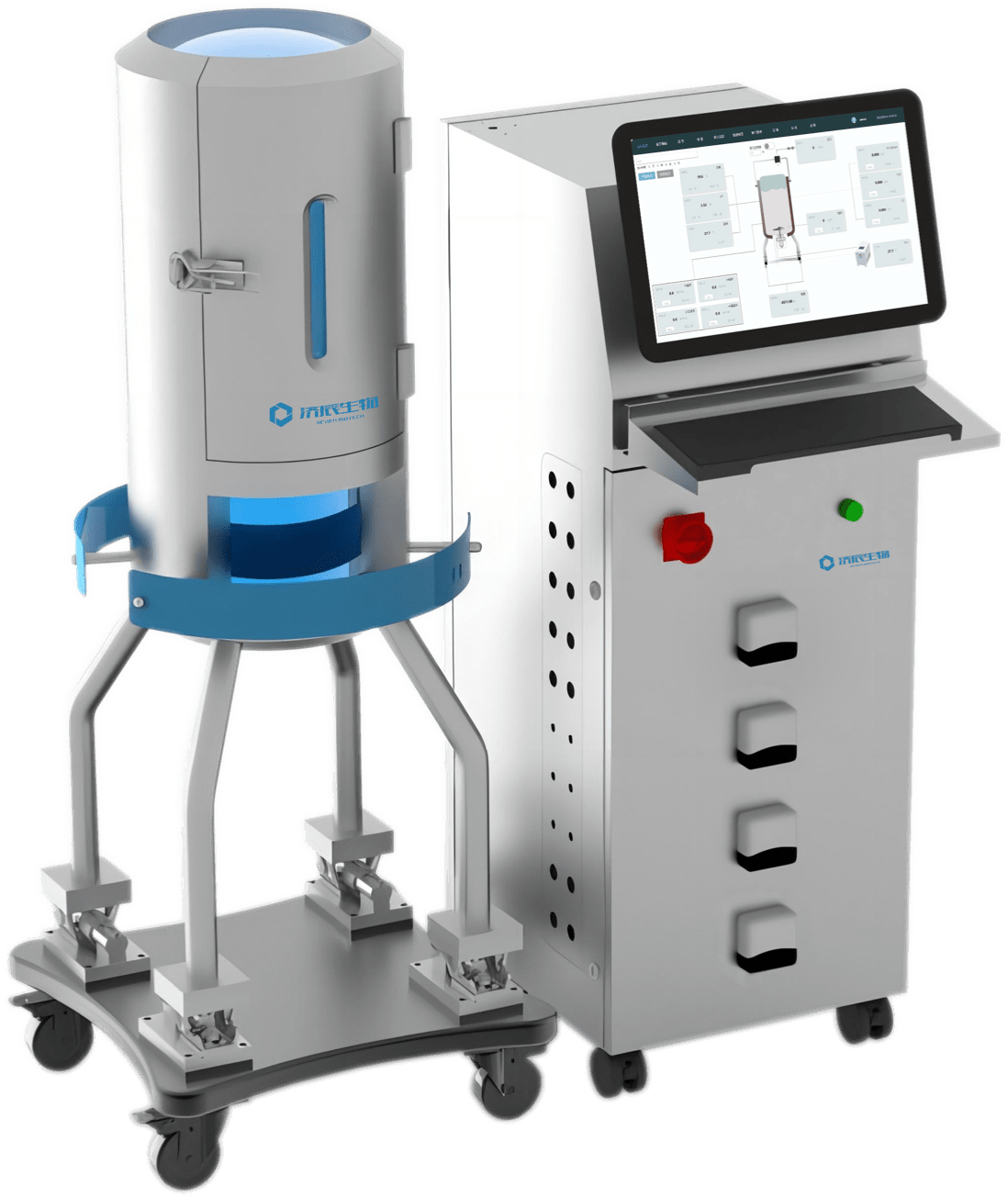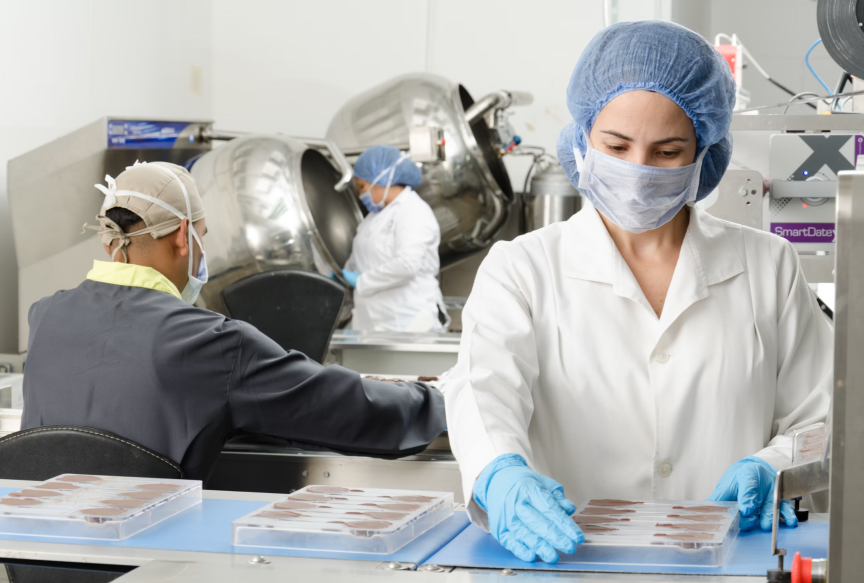Fermentation technology is an ancient but modern bioengineering technology, which is widely used in the fields of food, beverage and biopharmaceuticals. This paper focuses on the application of fermentation systems in the biopharmaceutical industry and the research progress of fermentation technology in recent years, aiming to provide useful reference for the biopharmaceutical industry.
Fermentation system It refers to the process of converting raw materials into target products by utilizing the metabolic action of microorganisms under certain conditions. Fermentation system mainly consists of the following parts: strain, medium, fermentation equipment, control system and product extraction and purification. According to the degree of oxygen demand of microorganisms in the fermentation process, the fermentation system can be categorized into aerobic fermentation and anaerobic fermentation.
Application of fermentation system in biopharmaceutical industry
1. Antibiotic production
Antibiotics are one of the important products in the biopharmaceutical industry, and the fermentation technology has a significant Fermentation technology has a pivotal role in antibiotic production. At present, most antibiotics are produced by microbial fermentation, such as penicillin, cephalosporin, erythromycin and so on. During the fermentation process, the yield and quality of antibiotics can be improved by optimizing the medium formulation, fermentation conditions and control system.
2. Bio-enzyme preparation production
Bio-enzymes are widely used in pharmaceutical, food, feed, washing and other industries. Fermentation system has an important role in the production of biological enzyme preparations, such as protease, amylase, lipase and so on. The activity and stability of enzyme preparations can be improved by screening high-yielding strains and optimizing fermentation conditions.
3. Vaccine production
Vaccines are an effective means of preventing infectious diseases, and fermentation technology is also important in vaccine production. For example, hepatitis A vaccine and influenza vaccine are produced by fermentation method. Through the fermentation system, viruses or bacteria can be cultured in large quantities to obtain sufficient antigenic components.
4. Production of biologically active substances
Fermentation systems are also used for the production of a wide range of biologically active substances, such as polysaccharides, peptides and alkaloids. These substances have a wide range of applications in the fields of medicine and health care products. Through fermentation technology, these bioactive substances can be efficiently produced to meet the market demand.
Research progress in fermentation technology
1. Strain improvement
Strains are the core of the fermentation system, and the screening and improvement of good strains are of great significance to improve the fermentation level. In recent years, genetic engineering technology has achieved remarkable results in strain improvement, such as improving the yield, resistance and product quality of strains through genetic recombination and mutation.
2. Optimization of fermentation process
The optimization of fermentation process is the key to improve fermentation yield. The researchers optimized the fermentation conditions by using mathematical models such as response surface methodology and artificial neural network to achieve precise control of the fermentation process.
3. Fermentation equipment innovation
Fermentation equipment is an important part of fermentation system. In recent years, new types of fermentation equipment have emerged, such as bioreactors and membrane fermentation systems. These equipments have the advantages of high automation and high production efficiency, which provide strong support for the application of fermentation technology.
4. Fermentation waste treatment
The waste produced during fermentation has a certain impact on the environment. Researchers have realized the green and sustainable development of the fermentation industry by developing waste treatment technologies, such as fermentation wastewater treatment and solid waste resourceization.
In short, fermentation systems are increasingly used in the biopharmaceutical industry, and the research on fermentation technology has achieved remarkable results. With the continuous development of science and technology, the fermentation system will play a greater role in the biopharmaceutical industry and make a greater contribution to the cause of human health.
